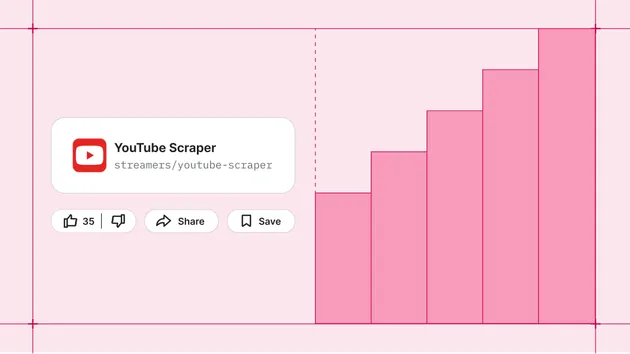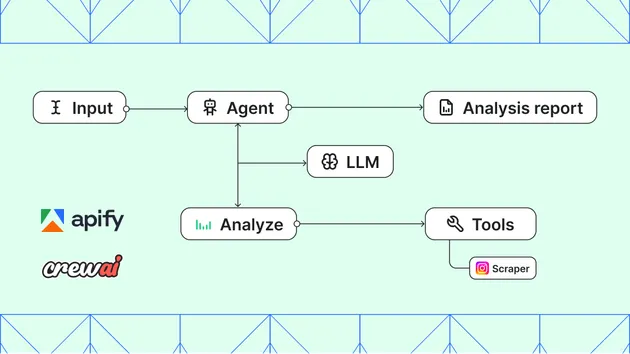FarmTech Task Inventory
Pricing
$10.00 / 1,000 results
FarmTech Task Inventory
Our task inventory improves the performance of the company. It requires an intial data of your company. It then directs further tasks without intervention. Complete the form enter your data and lead your company with FarmTech Task Inventory.
Pricing
$10.00 / 1,000 results
Rating
0.0
(0)
Developer

Solomon Ubani
Actor stats
1
Bookmarked
4
Total users
1
Monthly active users
5 hours ago
Last modified
Categories
Share
Scrape single-page in JavaScript template
A template for scraping data from a single web page in JavaScript (Node.js). The URL of the web page is passed in via input, which is defined by the input schema. The template uses the Axios client to get the HTML of the page and the Cheerio library to parse the data from it. The data are then stored in a dataset where you can easily access them.
The scraped data in this template are page headings but you can easily edit the code to scrape whatever you want from the page.
Included features
- Apify SDK - toolkit for building Actors
- Input schema - define and easily validate a schema for your Actor's input
- Dataset - store structured data where each object stored has the same attributes
- Axios client - promise-based HTTP Client for Node.js and the browser
- Cheerio - library for parsing and manipulating HTML and XML
How it works
-
Actor.getInput()gets the input where the page URL is defined -
axios.get(url)fetches the page -
cheerio.load(response.data)loads the page data and enables parsing the headings -
This parses the headings from the page and here you can edit the code to parse whatever you need from the page
$("h1, h2, h3, h4, h5, h6").each((_i, element) => {...}); -
Actor.pushData(headings)stores the headings in the dataset
Resources
- Web scraping in Node.js with Axios and Cheerio
- Web scraping with Cheerio in 2023
- Video tutorial on building a scraper using CheerioCrawler
- Written tutorial on building a scraper using CheerioCrawler
- Integration with Zapier, Make, Google Drive, and others
- Video guide on getting data using Apify API
- A short guide on how to build web scrapers using code templates:
Getting started
For complete information see this article. In short, you will:
- Build the Actor
- Run the Actor
Pull the Actor for local development
If you would like to develop locally, you can pull the existing Actor from Apify console using Apify CLI:
-
Install
apify-cliUsing Homebrew
$brew install apify-cliUsing NPM
$npm -g install apify-cli -
Pull the Actor by its unique
<ActorId>, which is one of the following:- unique name of the Actor to pull (e.g. "apify/hello-world")
- or ID of the Actor to pull (e.g. "E2jjCZBezvAZnX8Rb")
You can find both by clicking on the Actor title at the top of the page, which will open a modal containing both Actor unique name and Actor ID.
This command will copy the Actor into the current directory on your local machine.
$apify pull <ActorId>
Documentation reference
To learn more about Apify and Actors, take a look at the following resources:




